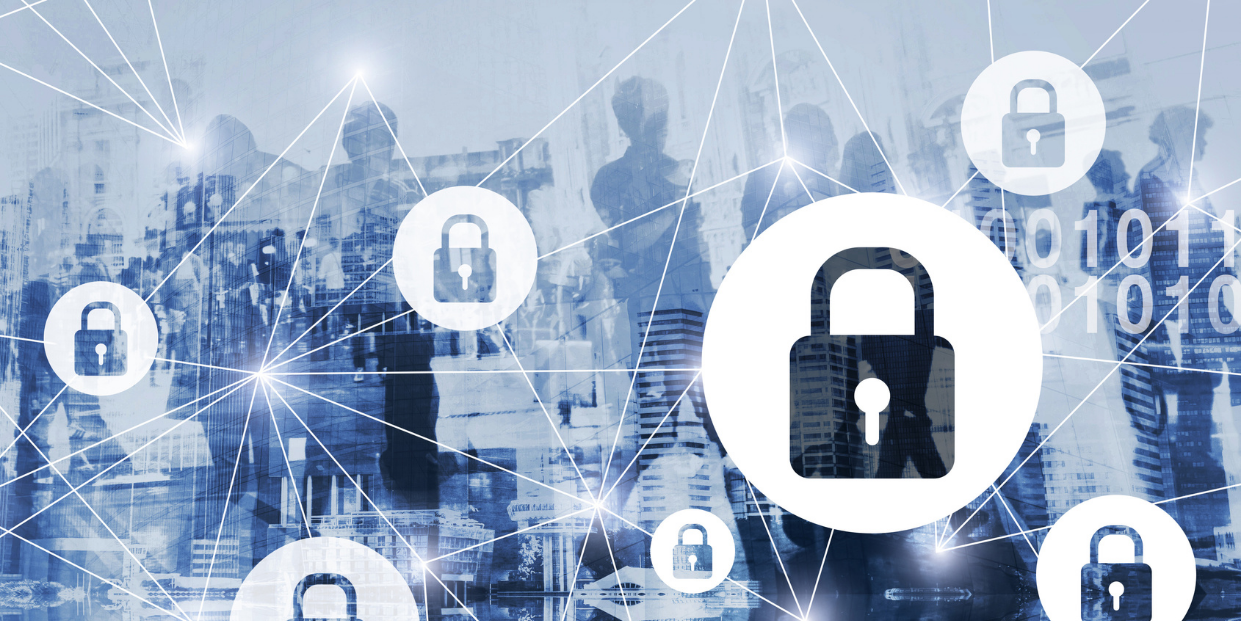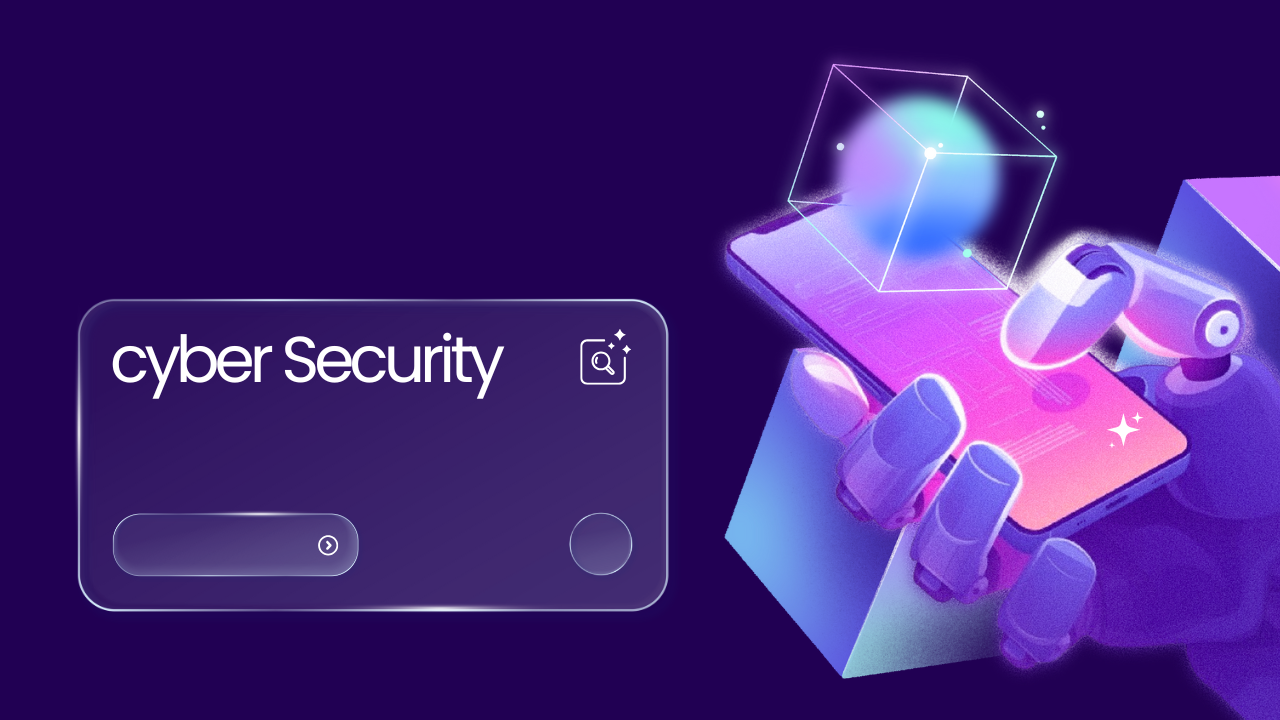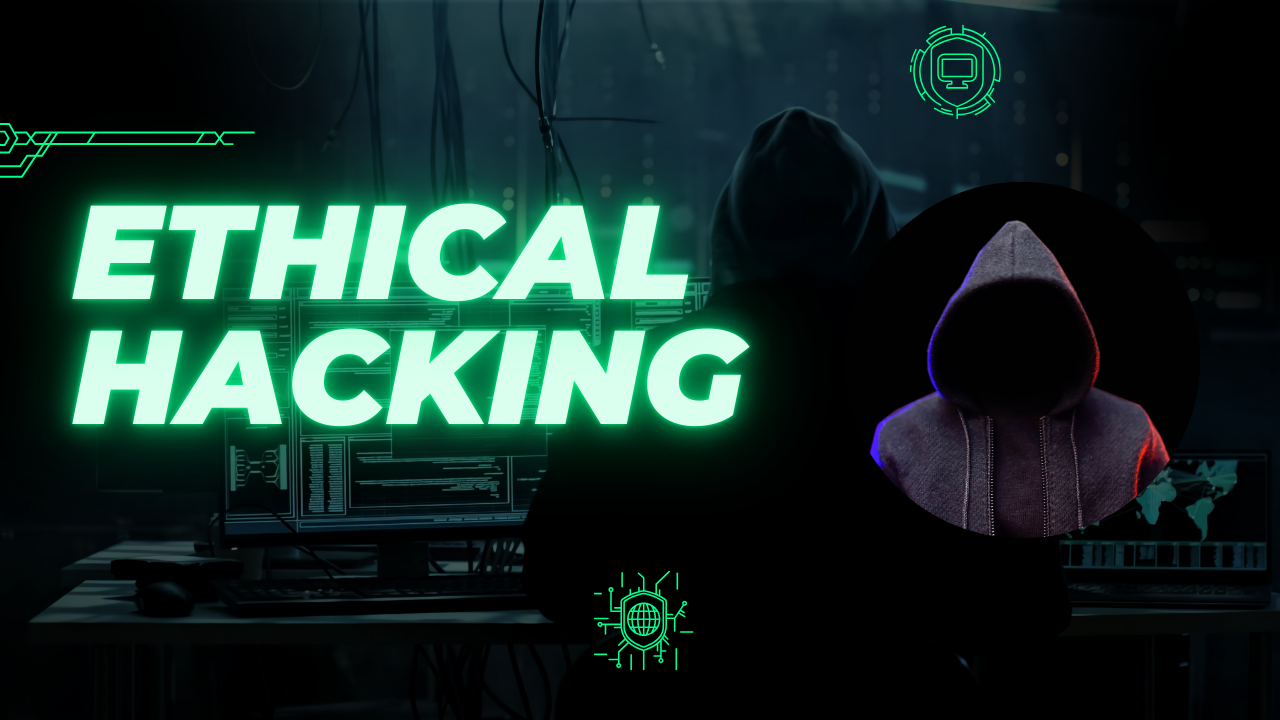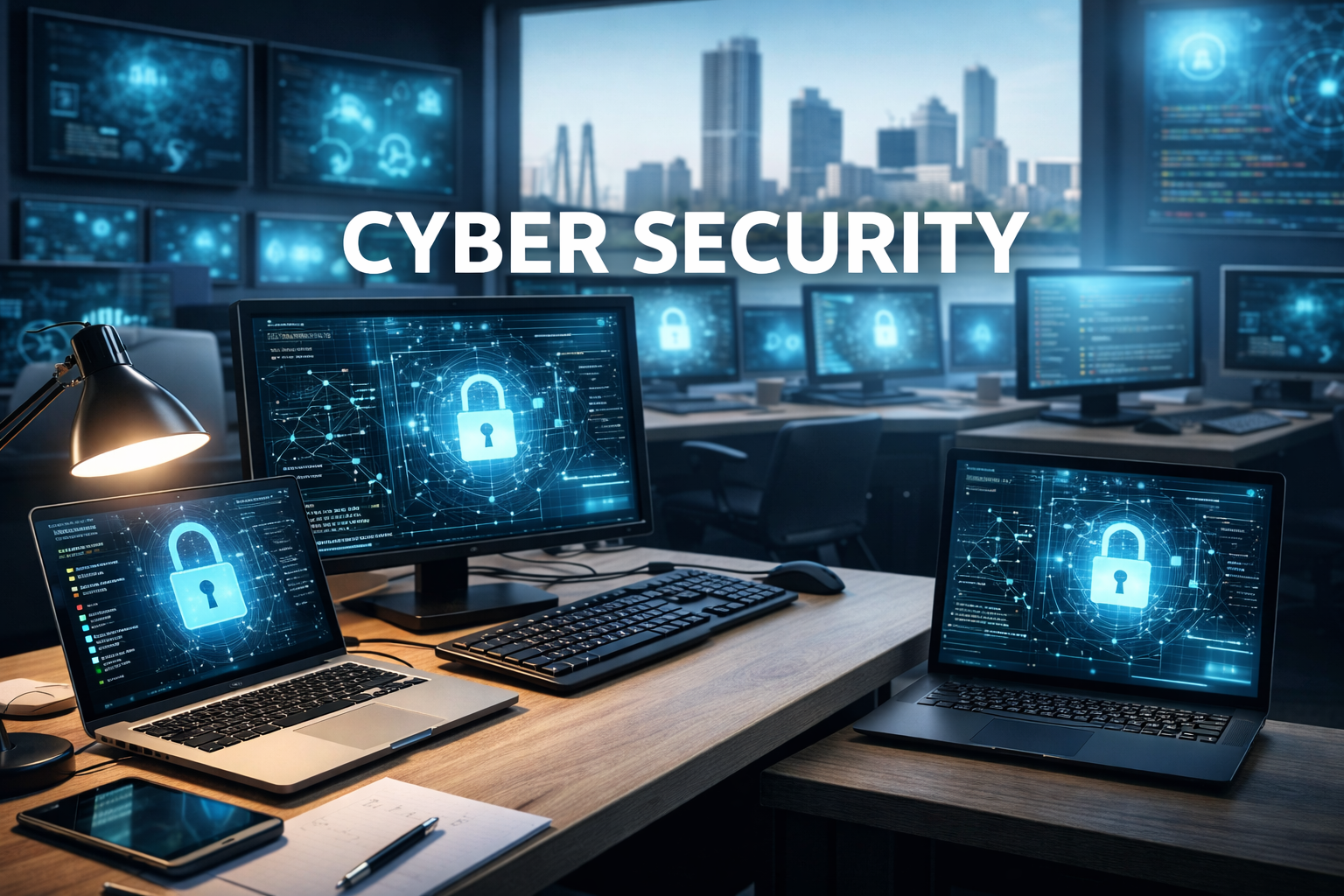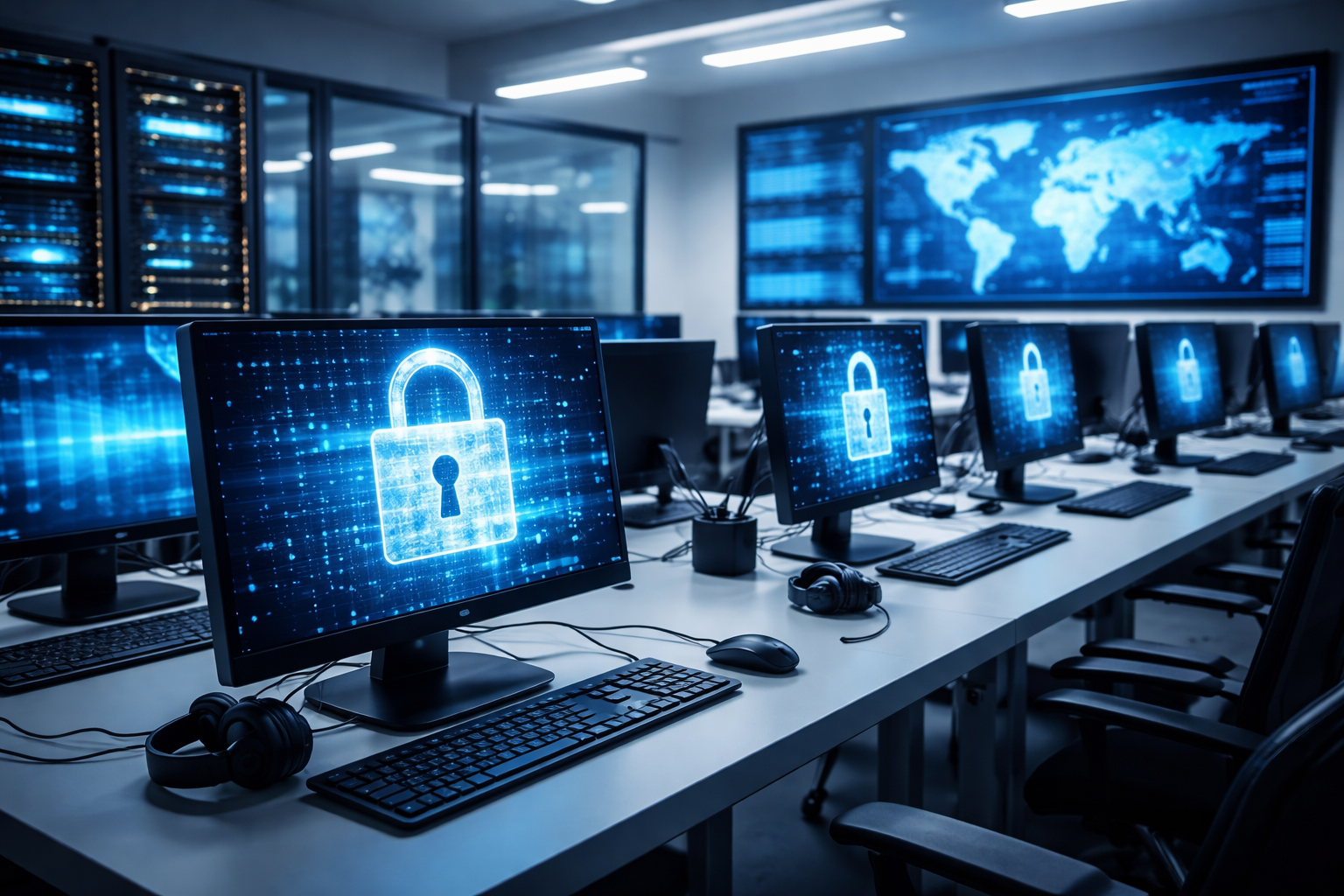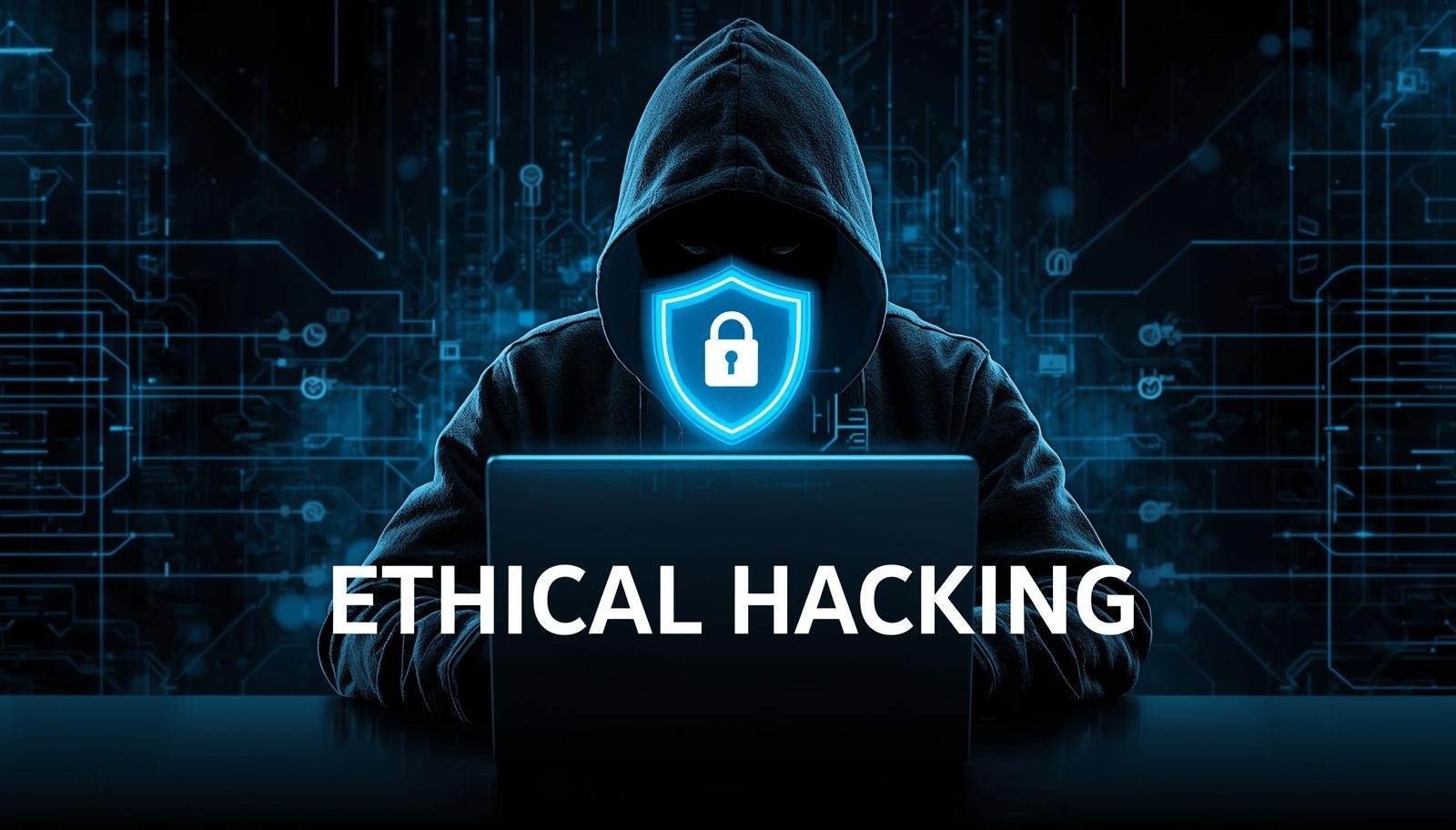By MrWebSecure – Cybersecurity & Ethical Hacking Training Institute (Online & Offline Pan India)
Introduction
The modern workplace is no longer confined to glass-walled offices or secure corporate campuses. From a small startup in Navi Mumbai to global enterprises with thousands of employees, the concept of remote work and hybrid teams has become the new norm. This shift, accelerated by the pandemic, continues in 2025, with companies offering employees the freedom to work from home, co-working spaces, cafés, or even while traveling.
While this flexibility improves productivity and employee satisfaction, it introduces serious cybersecurity challenges. Unlike controlled office environments with firewalls, secured Wi-Fi, and an in-house IT team monitoring threats, remote workforces are scattered across vulnerable networks and personal devices.
At MrWebSecure, we have witnessed these risks firsthand while conducting penetration testing, vulnerability assessments, and security awareness programs for companies. More importantly, we equip professionals with Cybersecurity Courses and Ethical Hacking Courses (available both online and offline, pan India) to ensure they can build careers while helping businesses stay protected.
This blog explores the biggest cybersecurity challenges of securing remote workforces and the practical solutions every organization needs.
Cybersecurity Challenges of Remote Workforces
Unsecured Home Networks
Employees working remotely usually connect from home routers provided by ISPs. These routers often:
- Run on default passwords like admin or 12345.
- Use outdated firmware missing critical patches.
- Operate on weak encryption methods.
Hackers exploit these weak points to intercept traffic, inject malware, or hijack devices. An attacker sitting in the same locality can gain unauthorized access to the corporate system through poorly secured home Wi-Fi.
Solution:
- Make VPN usage mandatory for all work-related connections.
- Educate employees on router security best practices (changing default credentials, updating firmware, enabling WPA3 encryption).
- Offer IT support or cybersecurity training sessions (covered in MrWebSecure’s courses) to guide employees.
BYOD (Bring Your Own Device) Risks
The convenience of using personal devices for work often outweighs security concerns in employees’ minds. However, personal laptops and smartphones often lack enterprise-level security controls.
Risks include:
- Personal devices infected with malware spreading into the company’s network.
- Absence of full-disk encryption leading to data leaks.
- Lost or stolen devices exposing sensitive corporate information.
Solution:
- Enforce Mobile Device Management (MDM) policies to secure employee devices.
- Provide company-approved devices pre-configured with security tools for sensitive roles.
- Enable remote wipe capabilities so data can be erased if a device is compromised.
MrWebSecure’s Ethical Hacking Course teaches students how hackers exploit vulnerable devices—and how to build countermeasures.
Phishing and Social Engineering
In an office, employees can quickly double-check suspicious emails with IT or colleagues. Remote employees, however, face isolation—making them more vulnerable to:
- Fake Zoom or Google Meet invites.
- Emails impersonating HR, payroll, or senior management.
- Malicious attachments disguised as “remote tools” or “COVID updates.”
The success rate of phishing skyrockets in remote environments. A single click can compromise entire systems.
Solution:
- Conduct phishing simulations regularly.
- Deploy AI-driven email filters to block suspicious messages.
- Organize cyber awareness training so employees recognize social engineering red flags.
At MrWebSecure, these techniques are part of our Cybersecurity Awareness and Penetration Testing training modules.
Weak Authentication Practices
One of the biggest challenges is employees using weak, repeated, or leaked passwords. Attackers exploit these with credential stuffing, where stolen passwords from one site are reused on company accounts.
Example: If an employee uses the same password for Facebook and their corporate email, and Facebook gets hacked, the attacker can access the company system too.
Solution:
- Enforce Multi-Factor Authentication (MFA) on all corporate accounts.
- Educate employees on creating strong, unique passphrases.
- Encourage password managers for safe storage.
Our Cybersecurity Courses include practical labs where students practice brute force, dictionary, and rainbow table attacks—so they understand why strong authentication matters.
Shadow IT
Employees often install unauthorized apps or tools to make their jobs easier—like free file-sharing apps or messaging platforms. While convenient, these apps may:
- Lack encryption.
- Collect user data.
- Open backdoors for cybercriminals.
Solution:
- Maintain an approved app list for employees.
- Use monitoring tools to detect unauthorized software.
- Train employees on the dangers of shadow IT.
Insider Threats
Remote work reduces direct oversight, increasing the chances of insider threats. This could be:
- A disgruntled employee stealing company data.
- Careless workers mishandling sensitive files.
- Employees using corporate accounts for personal purposes.
Solution:
- Implement role-based access control (RBAC).
- Track activity with user behavior monitoring tools.
- Conduct awareness workshops on responsible data handling.
At MrWebSecure, we train professionals on detecting insider threats during penetration testing and risk assessments.
Compliance and Data Privacy Challenges
Industries such as healthcare, finance, and IT must follow strict compliance frameworks like GDPR, HIPAA, or PCI DSS. Remote employees working from unsecured environments often violate compliance unintentionally.
Solution:
- Provide employees with compliance-specific training.
- Enforce data handling rules through centralized monitoring.
- Partner with security experts like MrWebSecure for compliance audits.
Final Thoughts
Remote work is here to stay. The organizations that succeed will be those that balance employee flexibility with strong security practices. By addressing challenges such as unsecured networks, phishing, weak authentication, and insider threats, companies can drastically reduce their exposure to cyber risks.
At MrWebSecure, we not only provide consulting and security testing services, but we also prepare the next generation of cybersecurity professionals through our Cybersecurity Courses and Ethical Hacking Courses—available both online and offline across India.
If you’re an IT professional, student, or business leader looking to strengthen your skills, explore our courses today:
- Cyber Security & Ethical Hacking with AI
- Web Penetration Testing Course
- Network Security Course
FAQ
Q1: Why is remote work a major cybersecurity challenge?
A1: Remote employees often use unsecured networks and personal devices, making them easy targets for hackers.
Q2: How can companies protect employees working from home?
A2: By enforcing VPNs, MFA, regular training, and monitoring suspicious activities.
Q3: What are common cyberattacks on remote workers?
A3: Phishing emails, weak password exploitation, malware, and insider threats.
Q4: Can small businesses afford remote security solutions?
A4: Yes—tools like MFA, password managers, and cloud security platforms are affordable and effective.
Q5: How does MrWebSecure help professionals?
A5: By offering Cybersecurity and Ethical Hacking Courses (online/offline, pan India) that cover real-world challenges like phishing, penetration testing, and cloud security.
